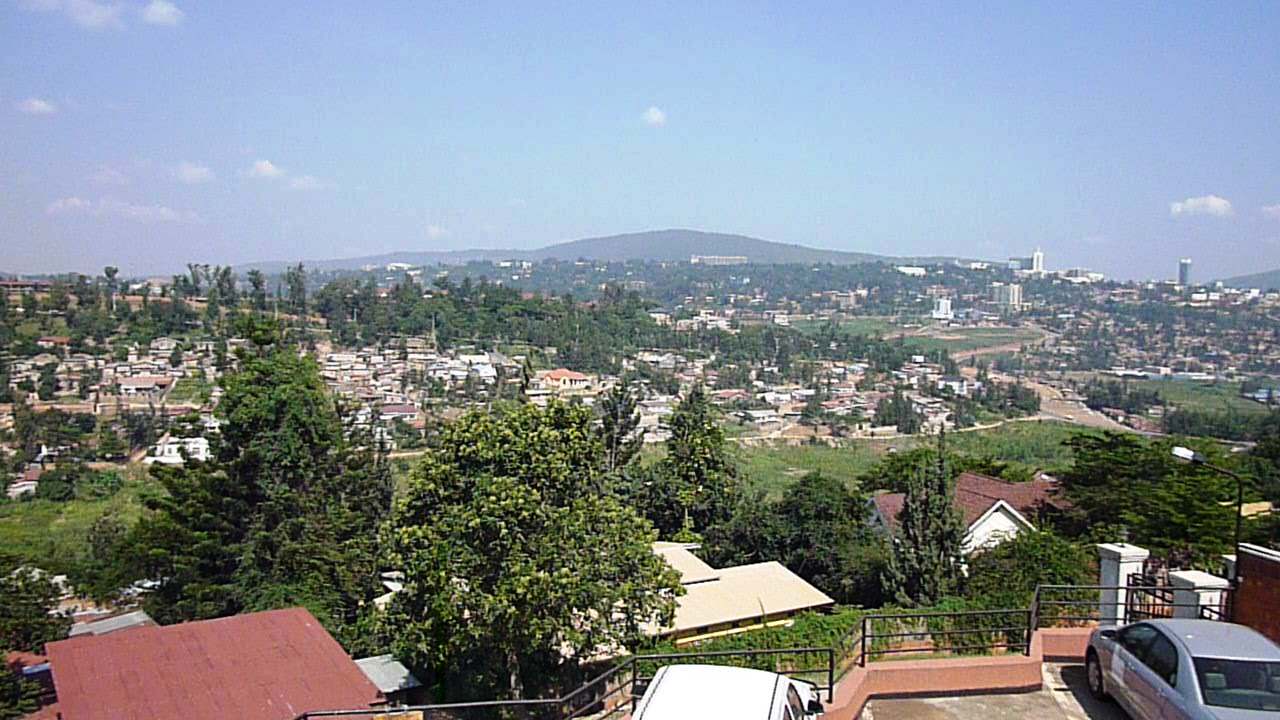The Romani people, often called gypsies, have long been scorned and marginalized throughout Europe. Historians suggest that they migrated from northern India around A.D. 300-700, finding little acceptance during their centuries of wandering. Still viewed as outsiders, Roma continue to face racial violence, government-forced evictions, school segregation, and employment discrimination in many European countries. For example, 61 percent of the Romani population in Moldova lives on less than $2 per day, compared with 24 percent of the non-Romani population. In this interview, Senior Loan Officer Dan Popa talks about how Invest-Credit, HOPE’s partner in Moldova, is breaking stereotypes and providing the Roma with new economic opportunities.
HOPE Intl
By HOPE Intl
Stories we love Working with the poorHOPE Intl
HOPE Intl
Stories we love Working with the poorHOPE Intl
HOPE Intl
Spiritual Integration Working with the poorThe HOPE Bankers’ Club could never be confused with one of HOPE International’s community banks—after all, members meet in an air-conditioned room off a paved street in Lancaster, PA—but there are striking similarities between this group and those meeting overseas. Much like HOPE’s clients, the group of 10 entrepreneurs meets regularly to trade business best practices and learn from one another’s experience. They work in different sectors—from real estate, to insurance, to food packaging—but each is an entrepreneur from the same community, with an understanding of the unique challenges and opportunities of their operating environment. Like so many of their community bank counterparts, members of the HOPE Banker’s Club also spur one another not only to greater financial success but also to glorifying God through their work.
HOPE Intl
By HOPE Intl
Staff / Travels Working with the poorSome languages have honorifics reserved for elders. Others have local slang dialects tossed around and worn with pride in certain neighborhoods. While they may be spoken by people of totally different ages, locales, and cultures, each string of words shares solidarity in what it represents. The individual phrases may have very different meanings, but underlying each of these thoughts is a unique history and heritage. The words may project values of reciprocity & respect dating back to Confucius. Others can evoke eras and events long forgotten, only preserved in speech not stone.
HOPE Intl
HOPE Intl
Staff / Travels Working with the poorFor HOPE staff in Ukraine, reevaluating their spiritual integration (SI) efforts meant reflecting back to the time of Jesus. How could they more effectively apply a 1st century model of evangelism to the 21st century? Their conclusion was simple: discipleship.
Staff started by asking if what they were doing was working and realized that their efforts were spread too thin. Many clients had a basic understanding of Christianity, but far fewer had committed their lives to Christ or joined the local church. Staff members tried to evangelize every client—a daunting task when most branches have just two or three staff members. Their efforts ensured a wide breadth of outreach but left little time to invest deeply in clients’ lives. HOPE Ukraine staff wanted more for their clients.
At the same time, several other countries using an individual lending model were facing similar challenges. In February, leaders from HOPE-led programs in Ukraine and Russia were joined by HOPE partners from Moldova and Romania for a Spiritual Integration Summit. These leaders thoughtfully and prayerfully decided to refocus their programs—moving from general evangelism to personal discipleship after Jesus’ model. Each staff member will invest in a few deep relationships with clients, responding to their unique needs with the hope of the Gospel and raising up disciples who may someday become disciple-makers.

















